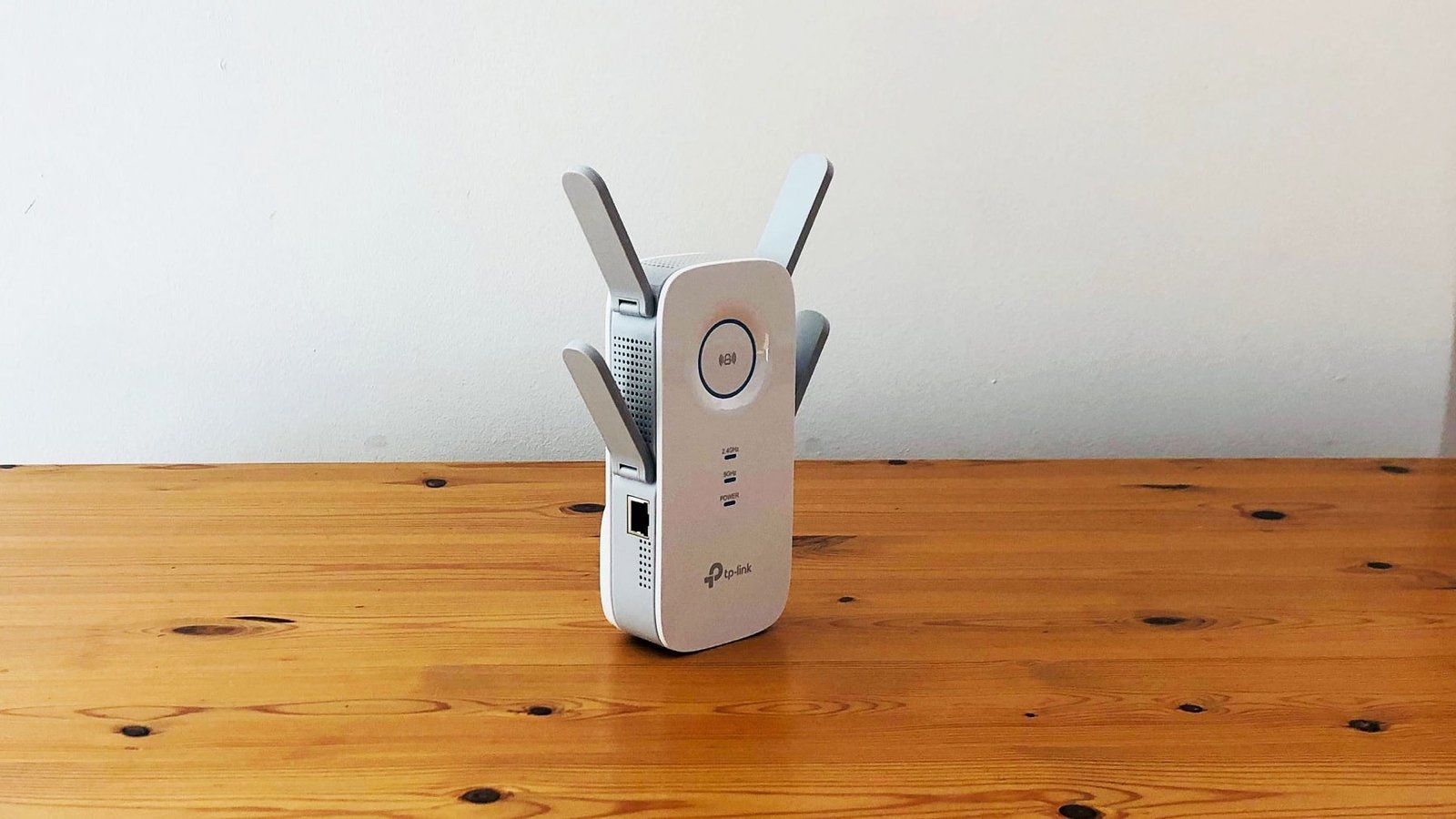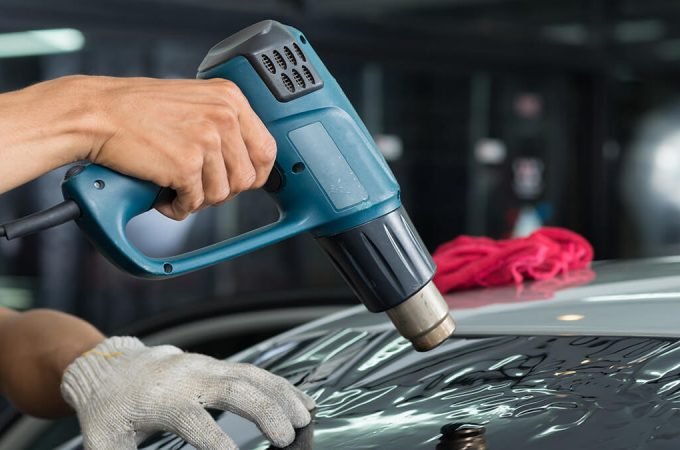
A Complete Guide to Wi-Fi Extenders
Wi-Fi extenders go by many names in the market. You will hear someone call them Wi-Fi repeaters, boosters, and whatnot. All their names only refer to one main function these devices have to play – provide better internet signal coverage in your home.
Let’s take a look at how Wi-Fi extenders work and do their magic to get rid of any no-internet zones in your home.
What Are Wi-Fi Extenders and How They Work
There are many instances where you must have noticed poor internet signals in a particular spot or area of your house. The areas or corners that don’t get enough internet signals are also called the “dead zones”.
This happens very frequently and is quite normal too. This happens when your router is not powerful enough to provide full coverage for your home.
To resolve this problem, Wi-Fi extenders, repeaters or boosters, come in handy. A Wi-Fi extender literally “extends” the signal into your whole house. It does this by amplifying the internet signals received by the modem or router, increasing its strength and reach, and covering all parts and corners of your house. Extenders connect to your router either via wired connection or wirelessly.
There are different scenarios in which someone might need a Wi-Fi extender to solve their issues like:
- Your router is placed in the central location, but the signals are weak in some parts of your house
- Double story house where the signals are strong on one floor but don’t reach the other floor
- Your router has multiple antennas positioned correctly, but connectivity is still poor
- Your routers and modems are up to date with advanced features, but internet signals are still weak in your home
It is important to remember that internet speed has nothing to do with a Wi-Fi extender. If your internet plan includes 20 Mbps of internet, then an extender cannot increase this speed to 30 Mbps. the speed remains the same, only the signal reach increases.
This is a huge misconception that Wi-Fi speed is the reason behind poor signal coverage in your home. For users who are novices or not so tech-savvy, providers like Spectrum offer solutions themselves. AT&T Internet comes with basic modem-router combo devices, along with Wi-Fi extenders and boosters that can guarantee a seamless experience. It is much better to get a professional from AT&T to do the installation for you so that it’s fail-proof. Finding the ideal location for installing a Wi-Fi extender is a true challenge, which only a professional can properly guide you with.
Pros and Cons of Wi-Fi Extenders
The Pros
- No security issues
Many people think that Wi-Fi extenders expose them to more cyberattacks. In reality, extenders tend to have the same security protocols and encryption that you find in your regular routers. WEP, WPA, WPA2, and other such security protocols are all available in extenders.
- Maximizes your internet plan’s value
You could be paying a good sum of money for your internet plan, but not getting enough signals in your room or most of your house. With a Wi-Fi extender, you will be making the most out of your internet plan and will not be suffering through slow internet and poor signal strength.
- Budget-friendly solution
Investing in a Wi-Fi extender is a wiser and budget friendlier solution to poor signal strength. Instead of buying or renting a whole new router with more antennas and advanced features, a Wi-Fi extender can be a more long-term solution to this issue.
- Compatible with most routers
You will not face any difficulty in choosing the most suitable Wi-Fi extender for your router. No matter which router you are using, you will see that Wi-Fi extenders tend to work with all regular routers unless there are some really old and outdated models.
The Cons
- Might cause bandwidth issues
Because extenders rebroadcast the internet signal back to your devices, there is a slight chance that they might be taking up more of your bandwidth. It’s like having the internet signal travel twice for the same functionality. But if you are subscribed to one of AT&T bundles and their 100% fiber internet, bandwidth should not be a concern.
- Disturbance from home appliances
Appliances like microwave ovens and Bluetooth devices can cause some interference with the signals. This is an unbeatable problem unless you decide to throw these appliances out, which is impractical.
- Manual switching between networks
If you are using an extender, you will have two networks to connect your devices to. So, whenever you are moving around the house or shifting from one area to another, you might need to manually switch between the two networks.
The Final Thought
It is definitely a smart choice to invest in Wi-Fi extenders and make the most out of your high-speed internet plan. You can also have your provider arrange a Wi-Fi extender for you if you find the information too overwhelming. AT&T has an excellent range of add-on devices and hardware that you can choose from and get maximum value out of your subscribed plan.





